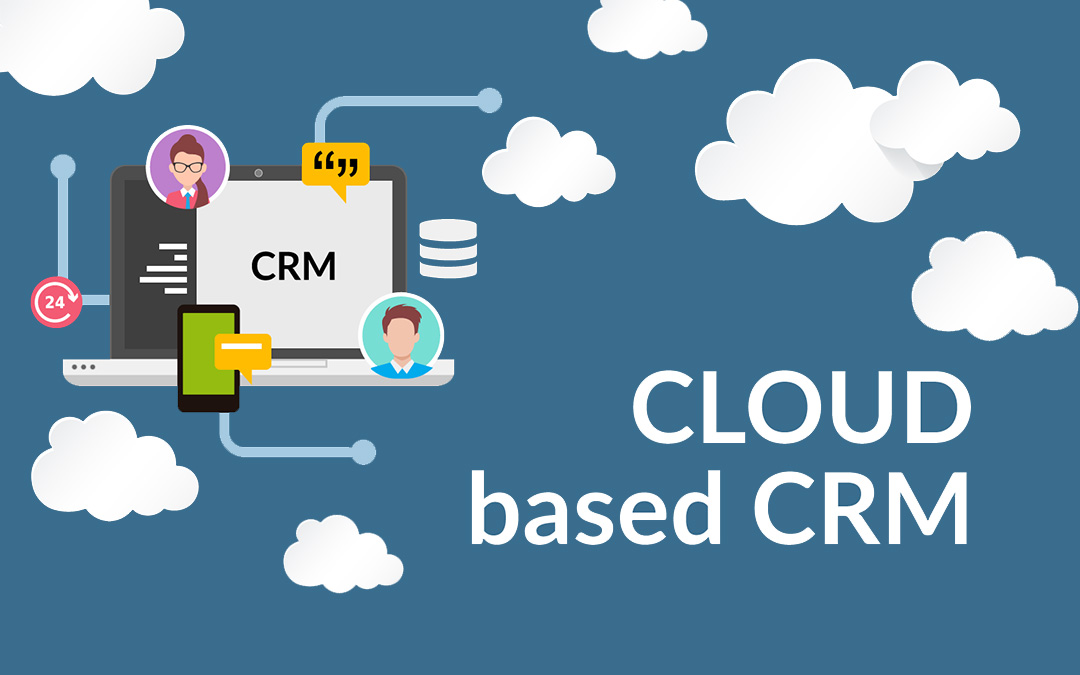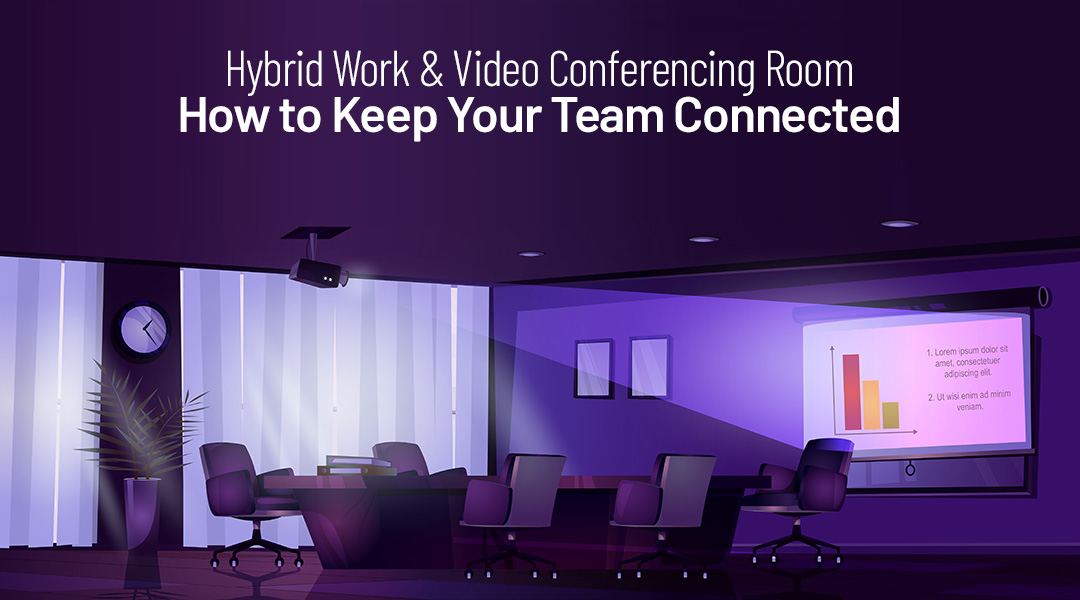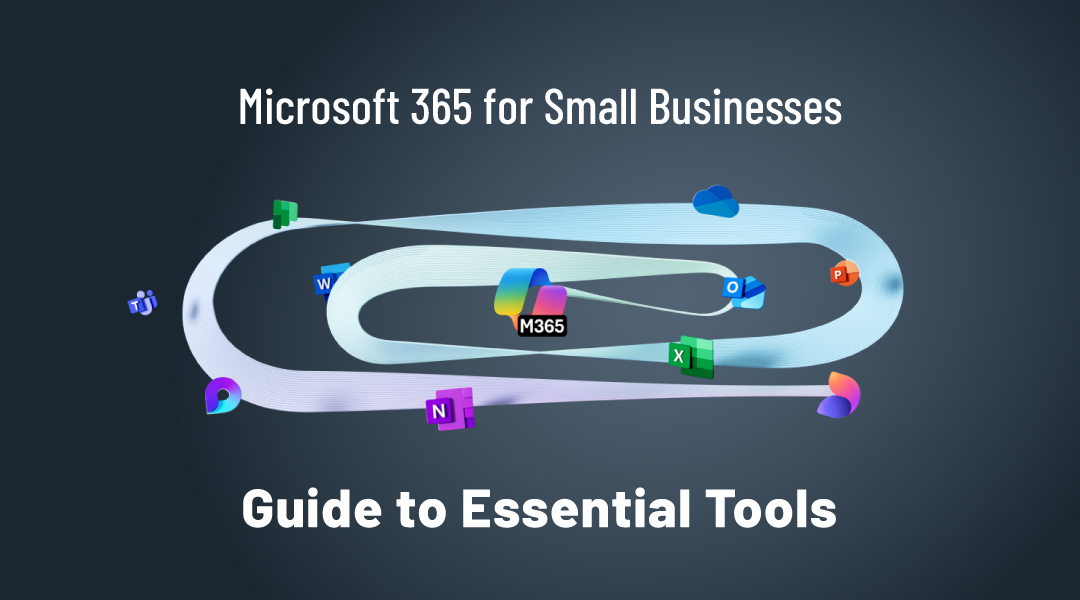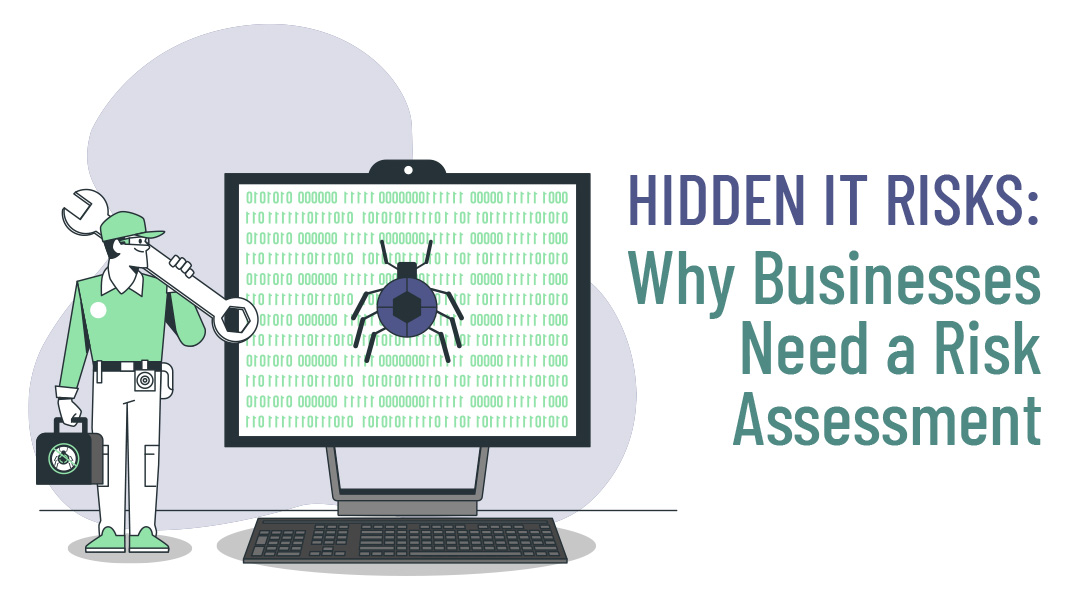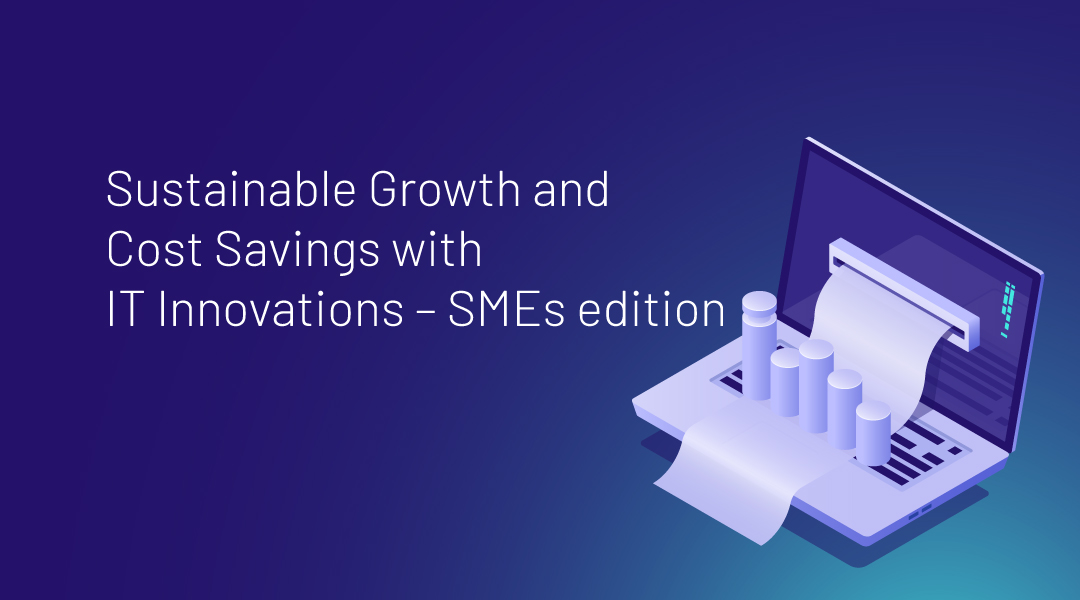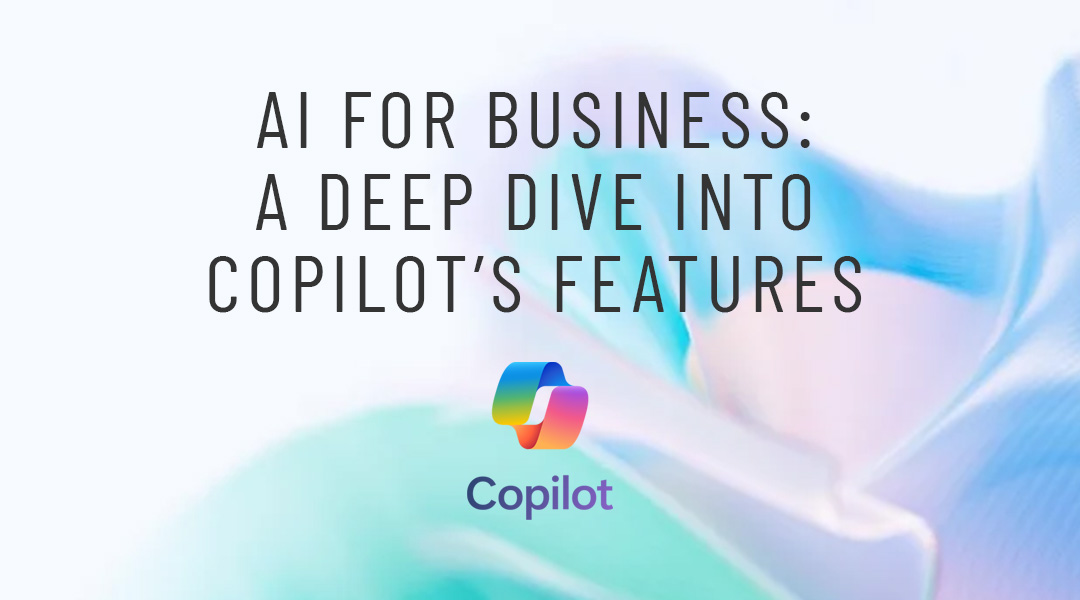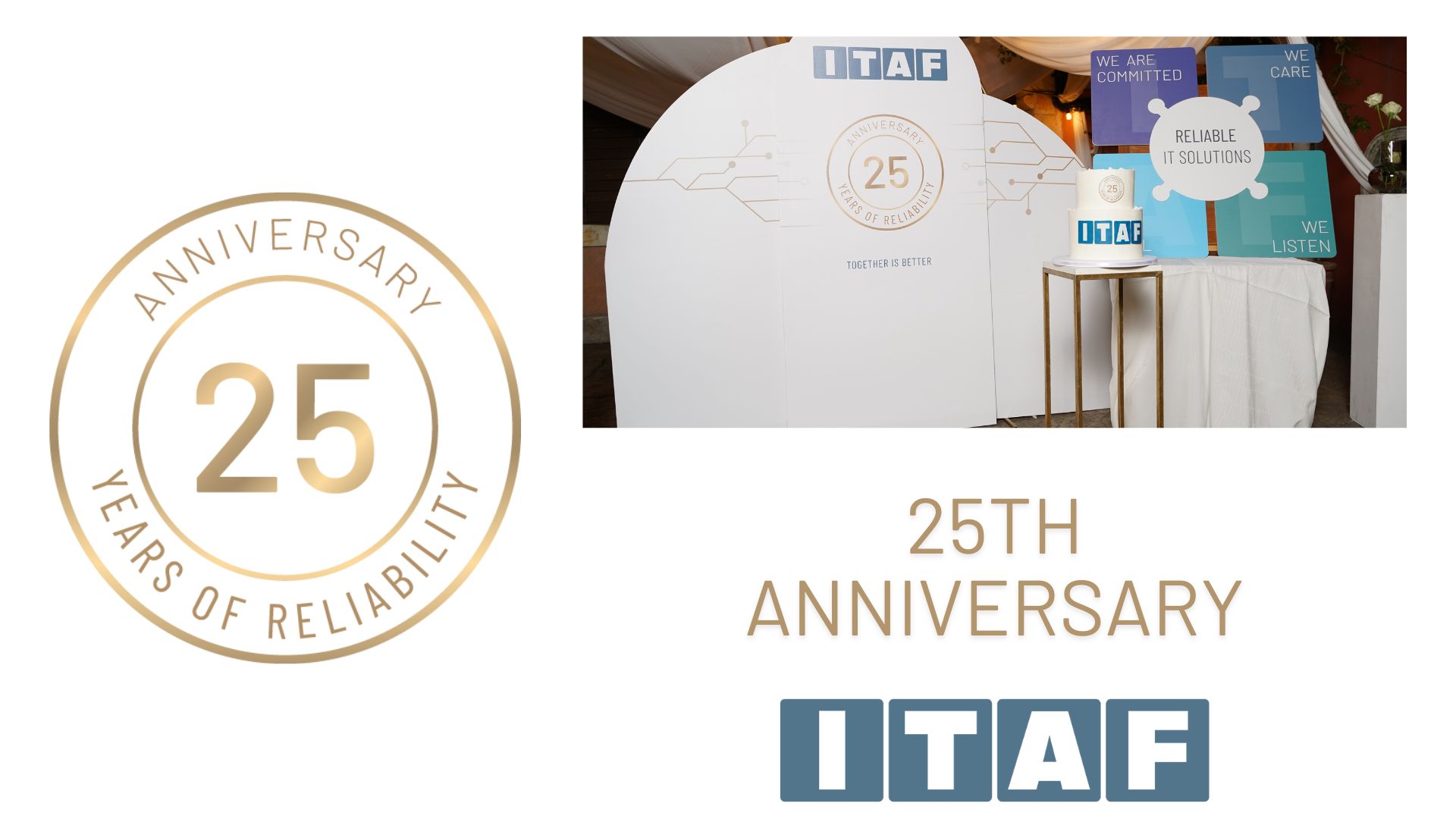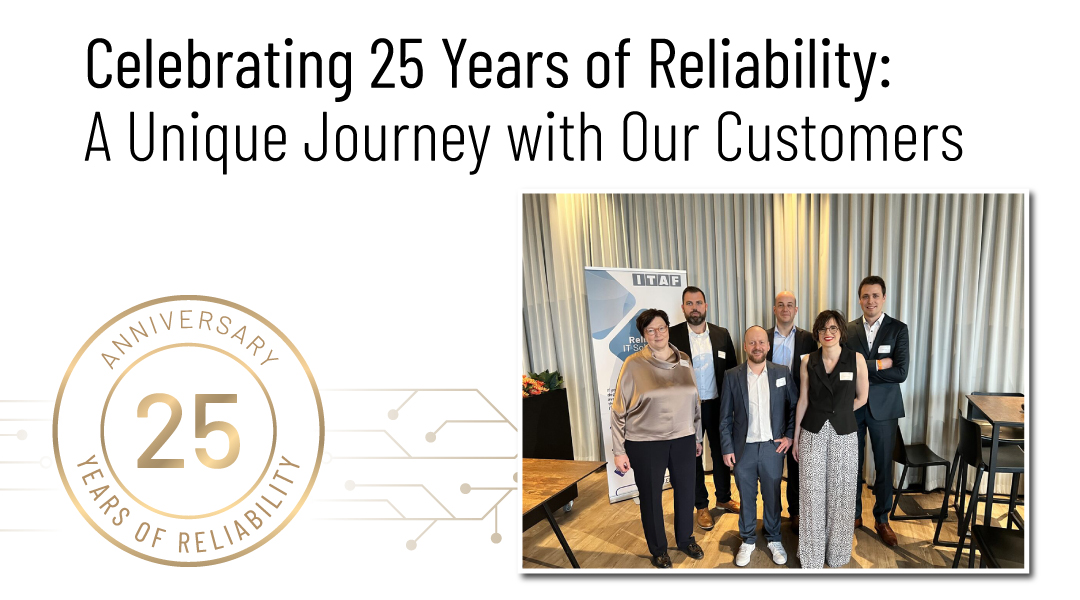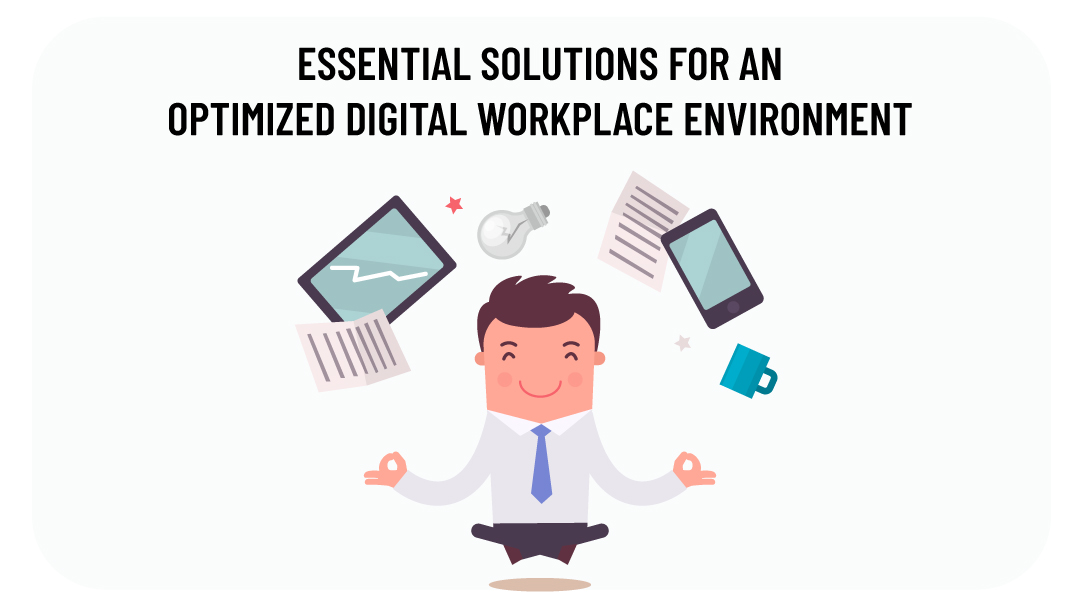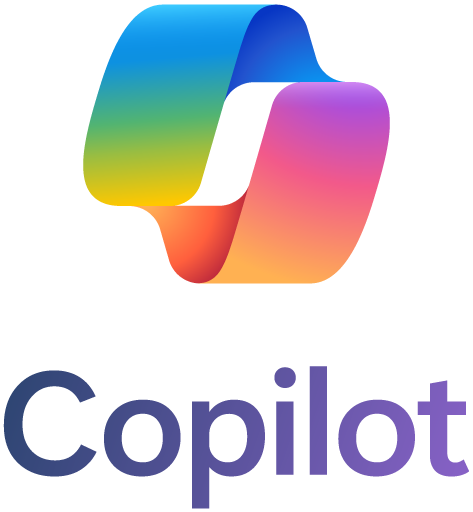Deep personal relationships are the basis of any successful business. In the beginning, when your customers are mainly people who you know, you can easily remember when their birthday is and send them a ‘best wishes’ card. But once your business starts to grow, the number of customers will start to grow too. Deep connections you had at the beginning will be hard to maintain at some point. Of course, appreciating each and every customer is essential for any business, no matter if you are small with only 15 customers or larger with 15 new ones each day. At that very moment, when you outgrow your ability to keep up with every customer on your own, you are ready for a new strategy – a CRM system.
From a simple excel spreadsheet to a complex CRM
In the beginning, when you only have to remember where your clients live, their mail or phone number, an excel spreadsheet can be very useful. But, as your company grows, your sale processes keep adjusting and the information you need in order to convert a simple lead into a customer can exceed the limited possibilities of an excel spreadsheet.
At some point, when your sales team starts counting more than you, an excel spreadsheet could limit your team communication and information sharing. With an upgraded sales pipeline and process, your business deserves a new level of organization.
CRM (customer relationship management) is a program that helps you manage current and potential customers. With a CRM system, your business has one place to store every customer, every lead, every service request, all of their contact info, preferences, and history. In this way, your conversations are always personal, relevant, and up-to-date.
Leads, campaigns, quotes…?
CRM solutions use different terms for different actions. In order to use the full potential of CRM, you need to fully understand its terminology. Here are 4 of the most important terms in every CRM:
- Contact – a record of the people you listed in the CRM database. Contacts in your CRM are the same as Contacts in your address book – they contain information about individual people who have some importance for your business – this can be: your employees, suppliers, potential customers and etc.
- Lead – if contact is most likely to become your customer then he is more than just a contact – he is a lead. To these people you want to pay special attention and get as much information as you can, as it can impact their decision making in the future.
- Campaigns – Marketing & Sales teams are like brothers and sisters – every sales action is previously supported by marketing campaigns in which you draw lead attention and “prepare” them for sales team victories. One of the most common examples is an email campaign.
- Opportunities – if your lead is really interested, you can create an opportunity to close a business with them. Once they become an opportunity, you definitely want to add all of the information that can lead to a successful sale.
Choosing the CRM System solution that suits your business needs
Once you have got yourself familiar with CRM and how your business can use it, it is the perfect moment to find the best solution that suits your business needs.
Complex CRM solutions, such as Microsoft Dynamics 365 CRM, comes with basic features like storing contacts, leads and opportunities, preparing campaigns, communicating with employees and etc, but this can be expanded with additional features such as Enterprise resource planning, a Property Management System (PMS), a Content Management System (CMS), Websites and Project Management.
Finally, when you are choosing the CRM solution for your business, keep your business processes and needs in mind. Only then you can be fully supported with the functions you really need.
Ready to learn more about Microsoft Dynamics 365 CRM and its benefits for your business? Contact ITAF for the 360 degrees support!

